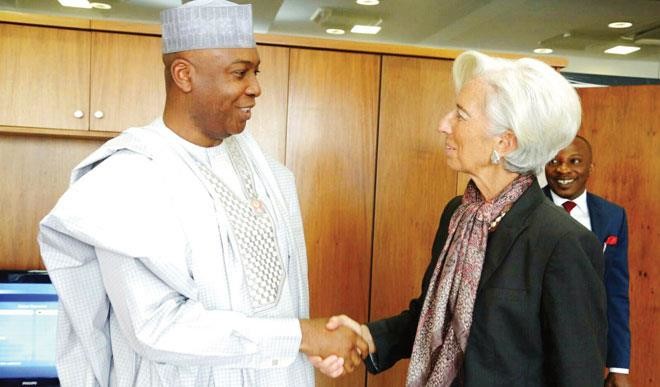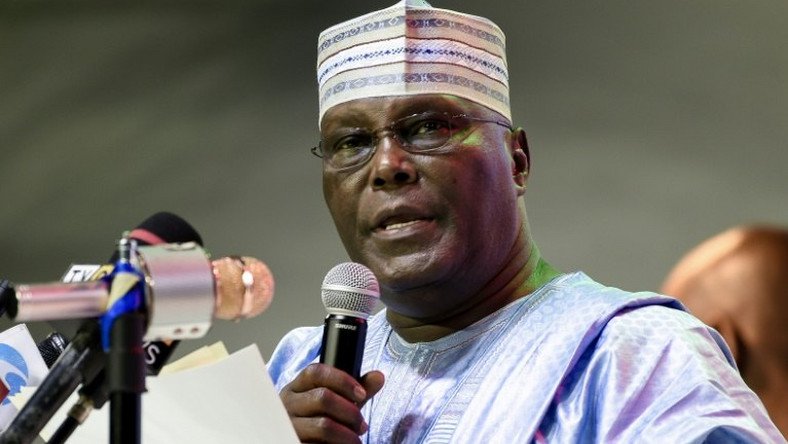The IMF Boss, who is in Nigeria on a 4-day official visit spoke when she met Senators and members of the House of Representatives yesterday at the National Assembly.
To step up revenue mobilization of the country, she said the first step should be the broadening of the tax base and reduction of leakages by improving compliance and enhancing collection efficiency.
“At the same time, public finances can be bolstered further to meet the huge expenditure needs. For example, the current VAT rate is among the lowest in the world and well below the rates in other ECOWAS members-so some increase should be considered,” she said.
While urging the Federal Government to be careful on borrowing, she said Nigeria’s debt is relatively low at about 12 per cent of GDP but that it weighs heavily on the public purse.
“Already, about 35 kobo of every naira collected by the federal government is used to service outstanding public debt. Transfers and tax expenditures should also be addressed.”
For example, continuing the move already begun by the government in the 2016 budget to eliminate resources allocated to fuel subsidies would allow more targeted spending, including on innovative social programs for the most needy.
“Indeed, fuel subsidies are hard to defend. Not only do they harm the planet, but they rarely help the poor. IMF research shows that more than 40 per cent of fuel price subsidies in developing countries accrue to the richest 20 per cent of households, while only 7 per cent of the benefits go to the poorest 20 per cent,” she said.
“Over the medium term, oil prices are likely to remain much lower than the 2010-13 average of more than $100 a barrel. Why? Because of the huge oversupply in global oil markets.”
“Think of the shale oil boom in the United States, and some historically large producers such as Iraq and Iran coming back to the market. Other factors include OPEC’s strategic behavior and the drop in global demand for oil, especially in emerging economies.”
“Already, lower oil prices have sharply reduced Nigeria’s export earnings and government revenues. Both are likely to remain at depressed levels, reducing the space for policy interventions to address Nigeria’s social and infrastructure needs,” the IMF chief said.














RT @BizWatchNigeria: IMF Chief Charges National Assembly to Hike Taxes – https://t.co/s3kAWjrsSZ https://t.co/ZfSp69TkRY